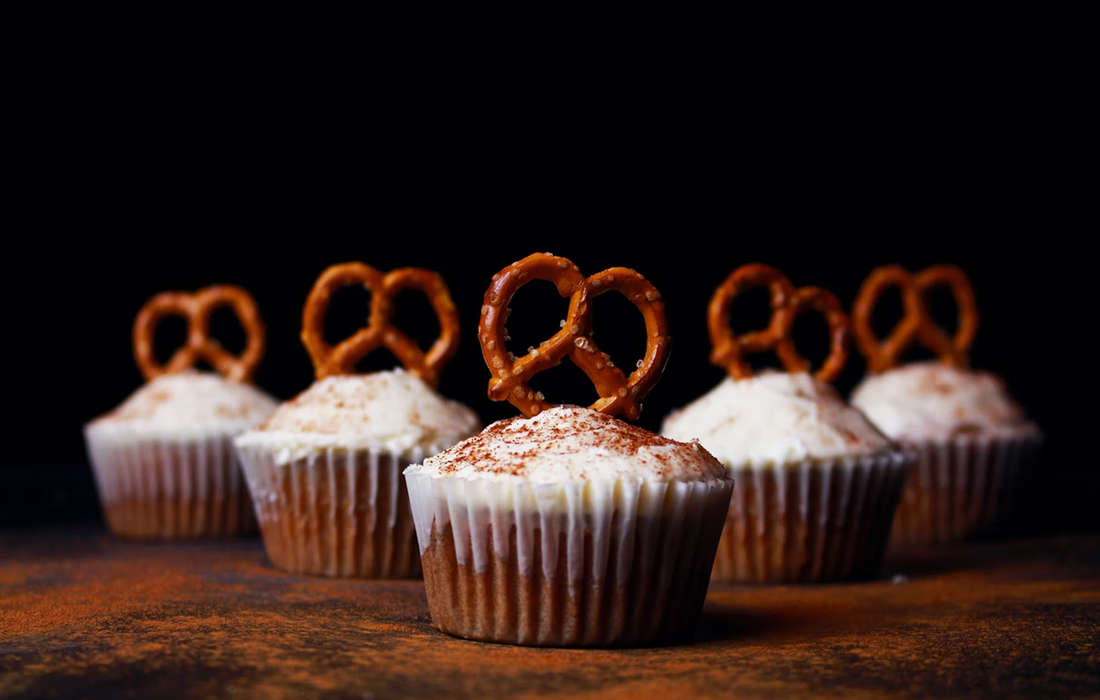Regenerative Medicine News and General Information
Gut Bacteria May Be Responsible for Food Cravings
In a recently published study by the New University of Pittsburgh, researchers have shown for the first time that the microbes in animals’ guts influence what they choose to eat, making substances that prompt cravings for different kinds of foods. The results appear in the journal Proceedings of the National Academy of Sciences.
For the study, the team used a mice model in which 30 mice that lacked gut microbes were given a cocktail of microorganisms from three species of wild rodents with very different natural diets.
The researchers found that mice in each group chose food rich in different nutrients, showing that their preferred diet changed with the introduction of the microbiome. According to the researchers, this is no surprise since our gut and brain are in constant conversation.
They also found that herbivore-conventionalized mice voluntarily selected a higher protein: carbohydrate ratio diet when administered the microorganisms from the other species of wild rodents.
The team also showed that mice with different microbiomes had different levels of the amino acid tryptofan in their blood.
The results demonstrate that the gut microbiome can influence host diet selection behavior, perhaps by mediating the availability of essential amino acids, thereby revealing a mechanism by which the gut microbiota can influence host foraging behavior.
Source:
University of Pittsburgh. “Got food cravings? What’s living in your gut may be responsible.” ScienceDaily. ScienceDaily, 20 April 2022.
<www.sciencedaily.com/releases/2022/04/220420151540.htm>.
Image from:
Photo by Austin Moncada on Unsplash

